Advice for Filmmakers Trying to Navigate
the Film Industry
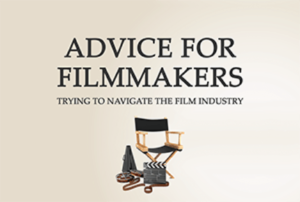 This blog is my 250th article and it’s also my five-year blogiversary (I know that’s not a real word but I felt the made-up occasion needed a made-up word).
This blog is my 250th article and it’s also my five-year blogiversary (I know that’s not a real word but I felt the made-up occasion needed a made-up word).
Over the past five years, I have published research on every single sector within the film industry, from directing to diversity, funding to festivals, actors to awards, stunts to producers.
Almost all of my work follows the same pattern: I take a simple question, build up a dataset, analyse it and then explain my findings with a whole host of charts and graphs. This format allows me to tackle most of the questions I get from my readers.
However, there is one request which comes up all the time and which I have not yet tackled, largely because it’s not something that can be answered by data. It’s when a filmmaker drops me a line to ask for advice on how they can get started or build a career in film.
So, today I thought I’d use my blogiversary (yup, I’m sticking with that word) to answer that query.
Below is a collection of six areas of advice for filmmakers on how they can get into, and progress through, the film industry.
- Know thy audience
If this is the only thing you take away from this article then it would have been worth it (although I won’t lie, I would be a little disappointed with your commitment to reading my blog articles).
If you look at all the films that have massively out-performed their peers, you can see one clear pattern – they all know their audience. And if you look at the many, many films which have failed in the past, you’re left with the question – who was this made for?!
Your audience is, in fact, two audiences:
- The industry gatekeepers you need to convince to back you and your project. This could be investors, agents, actors, crew, sales agents, distributors, festivals, etc. All these people have pretty clear expectations of what they want from the movies they work with. It’s relatively easy to figure out what these expectations are, from the films they’ve supported in the past and by simply asking them. The film industry is made up of many specialists. Being general and broad is rarely a path to success.
- The paying public who attend, buy, download, stream and tune in to your film. You can learn more by reading industry sites, surveys and reports, as well as interacting with sample groups of your audience.
Alan Parker put it best in his fabulous book Will Write and Direct For Food:

- Build a network
Filmmaking is a team sport. Not only do you need other people to join you on your journey but you should be eager to have them along. Consider the job that you’re keenest to do – let’s say director. You love all the challenges it brings you, the things you have to create or figure out, the pleasure in doing it well. Now consider a job you’d hate doing – say, producer. It may be the case that no amount of money could get you to want to be a producer, but everybody is different. There are people for whom producing is their dream job. And all the things you care so passionately about within directing will have their own version within producing.
So go out to meet other people in the industry. It can be local and cheap (such as free screenings or pub meet-ups) right up to the big commitments (such as attending a major film market).
There are three types of people you need to meet:
- To begin with, meet people who are at the same stage of their career as you. These will be your allies and support group.
- Next, look for people who have already succeeded in the field you wish to pursue. Contact these people politely and offer to buy them a coffee / beer in return for some free advice. Not everyone will say yes but enough will that it proves worthwhile. These people are your mentors and advisors.
- Finally, meet people who work in different parts of the film value chain to you. If you’re a producer, then spend time getting to know distributors, marketers, writers – every job along the way from idea to the big screen. This will help give you an understanding of the world your film has to work in and may provide valuable contacts for the future. These people are your clients and suppliers.

- Git Gud
The film industry is not devoid of unfair practices, nepotism and favouritism. However, despite the fact it’s not perfect, the industry does do a good job at rewarding talent and hard work. I’ve shown in a number of studies that films generally earn more if they are better than average.
The most direct ways of improving your skills are:
- Work as it as much as you can. Work long hours, never say no to a challenge and take each job seriously. If no one is offering to pay you for something, do it for free. If not one will give you a chance, make your own projects. The outcome of these projects is not that important, initially. You just need to rack up the hours at the coalface of your chosen job and there is no substitute for first-hand experience. You can’t learn to swim from theory – you have to get wet. Short films often represent the perfect training ground for early-stage filmmakers. You will learn the craft, meet other people, have fun and possibly end up with a calling card for your talents. With the ubiquity of phones with cameras and free distribution via YouTube/Vimeo, there is no excuse for not creating something.
- Share your work. There is no point writing or making something and then keeping it yourself. This can never lead to new opportunities. Instead, recognise that no film or script is ever perfect and put it out into the world. As Spielberg once said, “films are never finished, they’re just released”.
- Listen, don’t defend. You should seek out as much feedback on your work as possible. And when people give it to you, listen. Don’t try to change their mind, explain what they got wrong or berate them for failing to recognise your genius. Listen to what they have to say, acknowledge that it’s an honest view and consider how many other audience members may draw the same conclusions. You’re not going to please everyone, but almost everyone can give you useful feedback.
- Always see yourself as a student.You are never too experienced to learn something new and you never know what unusual thought it can spark inside you. Read scripts, industry press and blog articles. Watch movies and watch movies on making movies.
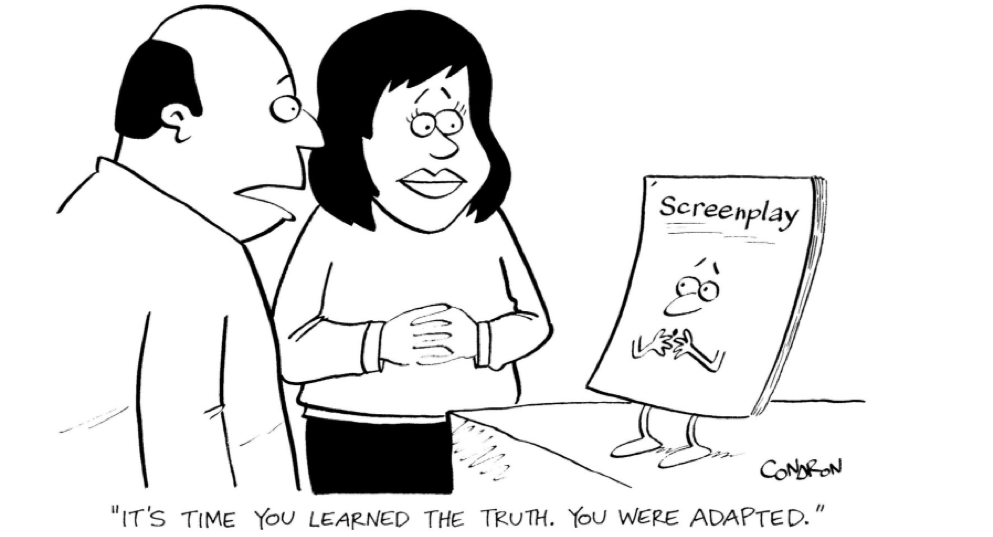
- Use your unfair advantages
The cornerstone of most successful businesses is having some sort of “unfair” advantage over competitors. In some cases, it’s a patent on the products you make, in others it’s about your size and power (i.e. Amazon). The studios have money and distribution, meaning they can buy options on famous books, scripts and ideas and have an easy path to getting their movies seen.
But what you have that they don’t are time, flexibility and the ability to innovate.
- Time. It is very expensive to keep a studio running and so they need a constant stream of content to be produced. They quite literally can’t afford not to make movies. You, on the other hand, have a much lower cost base and can afford to spend the extra month or six working on your script. Early-stage filmmakers have no time constraints other than those they put on themselves. Nobody cares when your first movie is made – only how good it is. I know it can feel like everyone else is making movies at a terrific speed but I promise you that it’s worth doing another pass on your script before moving to the next stage. If you don’t, you’re throwing away your biggest unfair advantage over the major players. If it helps you to think of it this way, consider each extra month or year you spend before going into production as an increase in the average critical score you will eventually receive. You’re converting time into stars (so long as you are actually working on the movie, of course!)
- Flexibility. Big movies are like juggernauts which nothing can stop. Once a release day has been announced, it’s full tilt boogie towards that goal and there is little room for change. It’s extremely hard for these productions to shift the tone of their movie, to work around the seasons, to entirely change the shooting schedule to accommodate a certain actor, or any other major change from the original plan. As strange as it sounds, your lack of resources and support mean that you are more flexible than the studios.
- Innovation. A studio’s business model is like an oil tanker – it takes a long time to change direction. At the start of the digital revolution, the studios were slow to take advantage of it. They allowed piracy to thrive as it was often the only way audiences could get digital copies of movies they wanted to watch. Not only that, but studios let third-party services like Netflix, Apple and Amazon grow in dominance on what could have been their turf. You, on the other hand, are able to harness opportunities presented by new technologies, adapt to recent industry changes and look for novel solutions.
Another gem from Alan Parker’s brilliant book Will Write and Direct For Food:
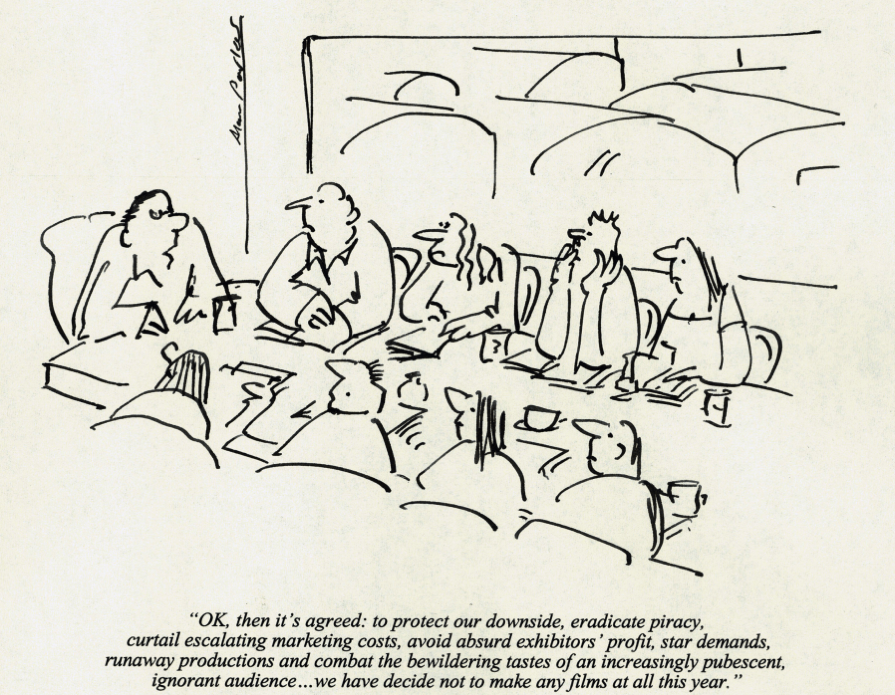
- Research your genre
Yes, your movie has a genre or two. Some filmmakers say “My movie is unique and can’t be confined by the narrow, simplistic classifications of genre”. Well, that’s lovely for you. But even if that’s true, your audience is still operating in a world where one or two broad genre classifications apply to all movies.
I am totally willing to concede that the genre model is reductive, inaccurate and deeply flawed. Some genres are production methods (i.e. animation), some are insanely broad to the point of uselessness (i.e. comedy) and we even have one genre which just means ‘None of the above’ (i.e. drama). But in the real world, this is how the industry and audiences have decided to classify movies.
So, if you want to have a chance to convince someone to back or buy your movie then you need to at least start by telling them about it in language they understand.
If it helps, don’t think “What genre is my movie?” think “What genre shortcuts will the people who sell my movie use to promote it to audiences?” Less snappy, sure, but maybe it will calm the raging artist inside you who doesn’t want to be caged by convention.
Look at how similar movies are being sold. What do they promise to deliver to the audience (explicitly or implicitly)? This may seem to be a trivial piece of advice when stacked up against the others but I assure you I have seen so many filmmakers fail because they didn’t understand the expectations that come with their genre.
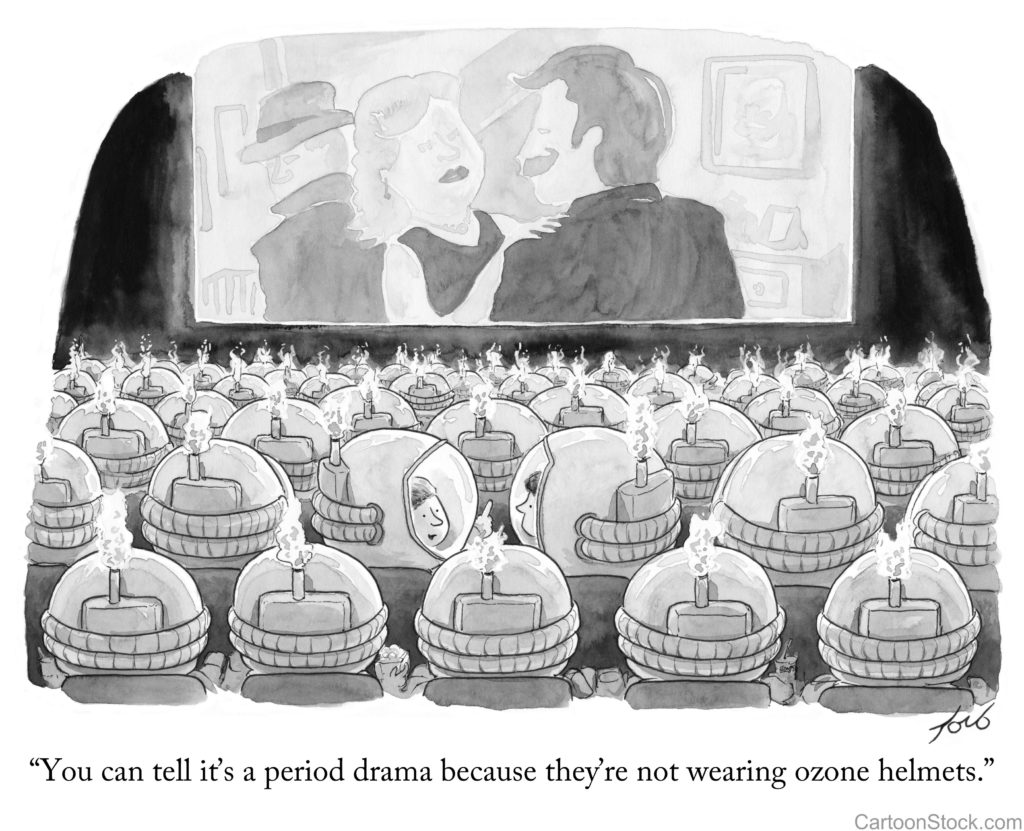
- Consider your ‘why’
I’ve kept the most philosophical for last. Becoming a successful filmmaker is very hard, time-consuming and often unrewarding. I’m not trying to put you off, and I suspect that if you’ve landed here and reached this sentence, nothing I say could put you off! I just want to make sure you’re laser-targeted at the goals you need to reach in order to make you happy.
Think about why you want to get into film. What exactly is it about the sector which appeals to you and why?
For each project, consider why you are making it. What purpose must it serve? Years ago, I saw a top British film producer speak at a BAFTA event and he said that he only ever made two types of films:
- Those he made for money, which he hoped were good.
- And those he made to be good, which he hoped would make money.
Looking at the work he has produced, you can guess which of the above options applies to each film.
If you’re an early stage filmmaker, then you may have other goals in addition to money and art. Below, I have created a table with five possible reasons for making a film at the top and then some tips on how to reach each below that.
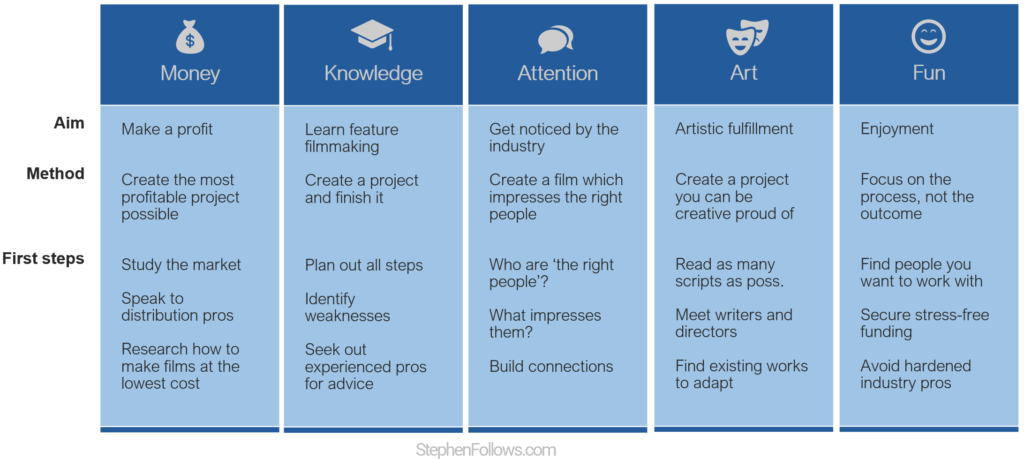
Before starting each new project, make sure you know which is your focus. Consider the possibility that you would fully reach that goal, but miss all the others. Only when you’re ok with that possible outcome are you ready to make the film.
Epilogue
Oh, and never give up. If this is what you want to do more than anything else, then go for it. This path is likely to be far from easy, with an unclear route and it will be riddled with missteps. But if you hold the line, work hard and be smart then you should be just fine.
As a parting gift, here is the simplest representation of the whole journey of making a film that I can give you. I hope it helps.
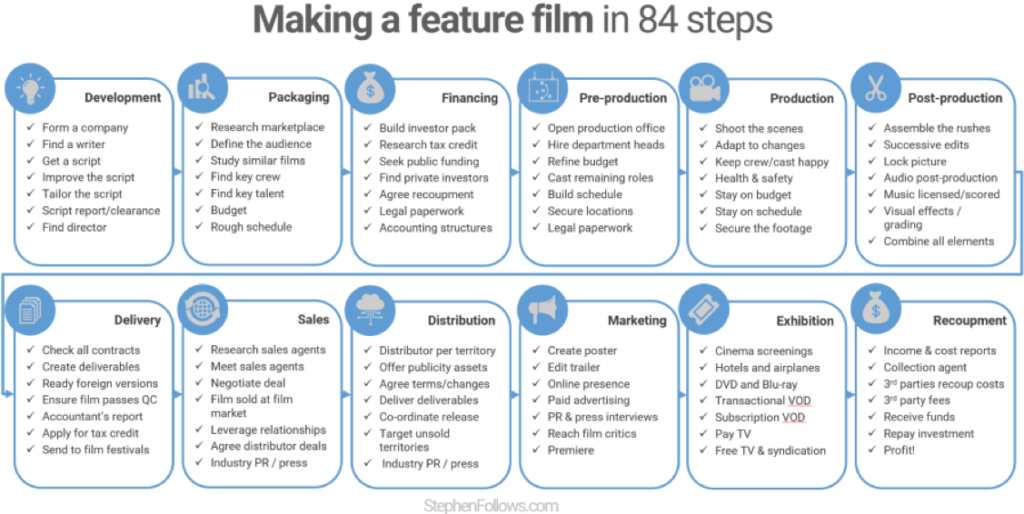
Good luck!